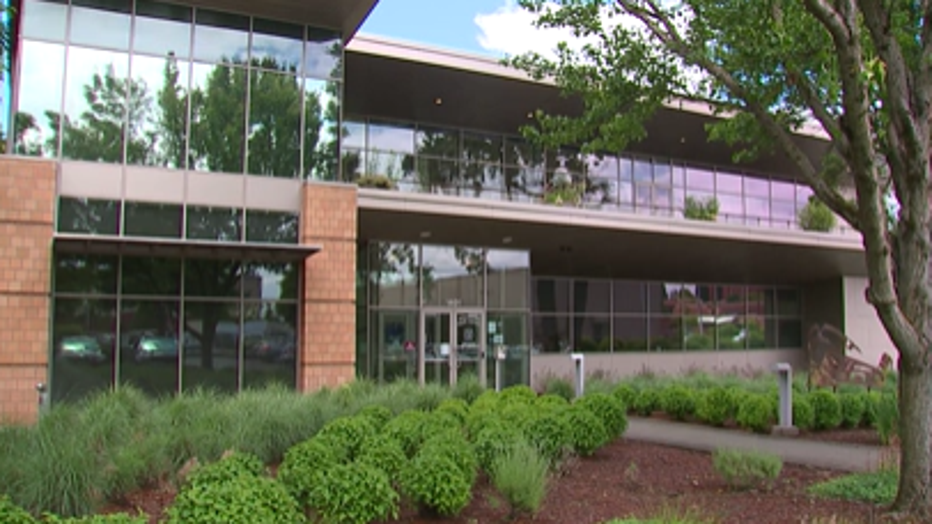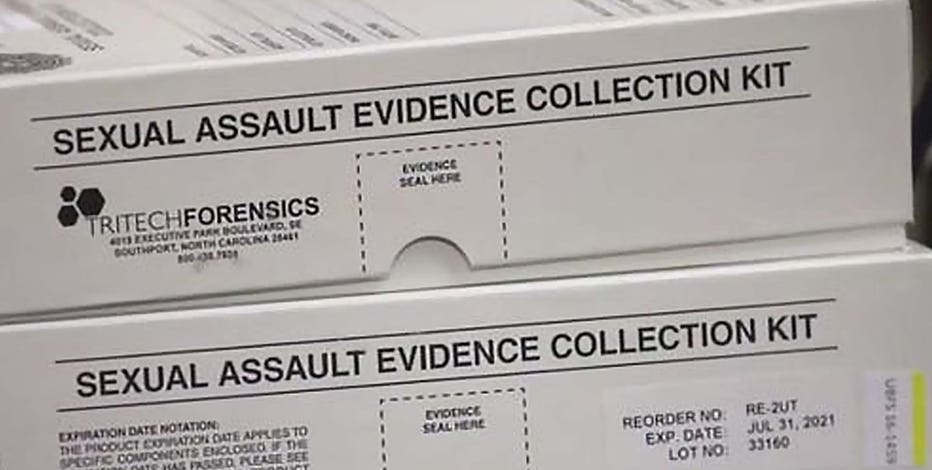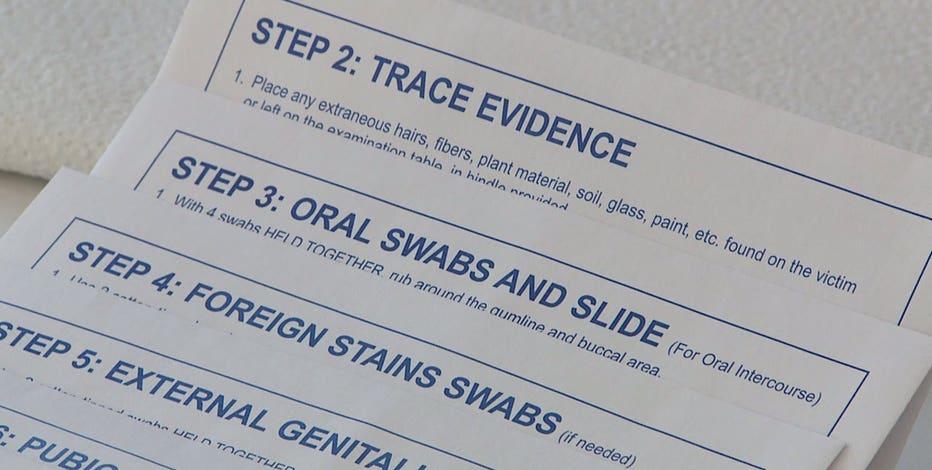Washington clears backlog of more than 10,000 sexual assault kits
SEATTLE - It's an issue that FOX 13 has been tracking for months, a massive backlog in testing sexual assault kits. Now the state attorney general has announced that backlog has finally been cleared.
Attorney General Bob Ferguson says more than 10,000 kits have been tested, some after languishing in law enforcement evidence rooms across the state for decades.
The attorney general says 99% of the kits have now been tested, and the remaining kits are currently in the testing process. He says it's already resulted in arrests and prosecutions statewide.
When a FOX 13 crew visited the Vancouver Crime Lab a few months ago, the human-robotics team was getting close to clearing out the thousands of backlogged sexual assault kits, while keeping pace with new kits coming in.

"I’m here to say we successfully cleared that backlog," said Ferguson.
Ferrguson made the announcement, calling it an historic milestone Monday.
"The sexual assault kit backlog is well known, well documented, as a significant problem in our state for a number of years," he said.
The state took a hard look at the backlog back in 2017. After finding funding, officials started sending out the old kits for testing.
>> Washington Crime Lab on track to clear backlog of rape kits in next 3 months
"We found three other commercial labs that we were able to outsource thousands of the older kits so that they could be doing the main testing, then send the test results back to us and then our forensic scientists could analyze those tests and cross-match things and make sure it was correct," said Chris Loftis, Washington State Patrol.
The state also ramped up testing of new kits, the Vancouver lab adding three Hamilton robots, which helped to cut the process down to a 45-day turnaround, for the new kits.
"We use it for what’s called Y screening, which is a program that we use to very quickly scan samples for the presence of male DNA. We also use this to quantify the amount of DNA that is in samples," said Trevor Chowen, Forensic Scientist & Supervisor of the DNA section of the Vancouver Lab. "These robots were acquired to help us process samples in a way that we could process many, many samples at a time."
Ferguson says 9 years ago, testing took an average of nine months.
Featured
State hopes to clear out remaining backlogged rape kits by the end of the year
A new bill making its way to the US Senate could provide more funding to states like Washington to finally clear out backlogged rape kits that have taken years to process and review.
Leah Griffin survived a sexual assault in 2014.
"It took 14 months to test my kit which was the average it would take to just start the investigative process," said Leah Griffin, a sexual assault survivor.
At that time, she also struggled to convince law enforcement to do the test.
"I struggled to find, first a hospital that would provide a sexual assault kit, and once I went through with the kit I struggled to convince law enforcement to test my sexual assault kit," said Griffin.
State law has also now since changed to require testing.
"Through the work of this organization and these people, we know that every kit is going to be tested, that the survivors who came forward to collect that evidence, that evidence matters," said Griffin.
Testing of the 10,000 historical kits has resulted in more than 2,000 hits in the Combined DNA Index System, or CODIS. That means the DNA sample matched another case or an individual in the federal DNA database which is populated with offenders.
Ferguson says 20 arrests have been made. More arrests may also happen as more law enforcement agencies access the data.
"What I would say to those survivors, is we are so sorry the system failed you, but we also created a system to make sure that never happens again in Washington state," said Rep. Tina L. Orwall, 33rd District.
"By working together we’ve been able to honor the courage of the survivors who submitted to what is most assuredly a very invasive process to gather this important evidence for law enforcement," said Ferguson.
The Washington State Patrol says the work isn't over. The lab will have to continue to keep up with new kits coming in as the population grows. Officials say the state may have to add more trained staff, robots, and lab space in the future, to keep pace with the growing needs and population of the state.



